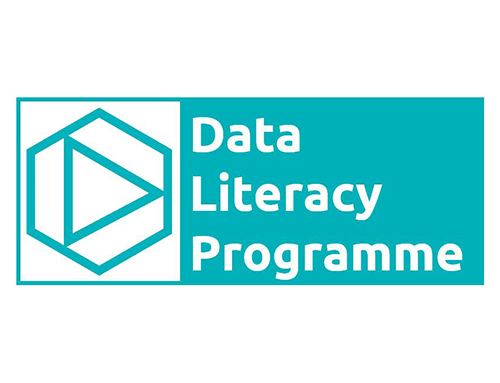Analytics is a Team Sport
I was recently at the Predict conference in Dublin and one phrase that I heard that really resonated with me is “analytics is a team sport”. One of the key focuses of The Analytics Store is to work with companies to grow in-house analytics capabilities. It is key to remember that without a skilled team it is not possible to grow good analytics capacity within an organisation. The skills required to deliver a data-driven agenda are varied and need to be developed and nurtured. This article outlines the roles and skills required within any analytics team.
Like any team your analytics team needs to consist of several players all with very specific roles to play. Each member of the team must have a set of unique skills to bring to the party. Using examples of players from a team we are all familiar with, the Irish rugby team, the following outlines the important roles needed within any analytics team and the skills that they require.
Data Scientist – Out Half – Johnny Sexton
The term data scientist is used to describe lots of different roles. In my team they are the advanced analytics specialist. Like a rugby number 10, your data scientist is the fulcrum of the team. In the analytics world they are the director of all things analytics. They should control the analytics agenda, and are key decision makers in the team. This means that, along with their key advanced analytics skills, they need to be excellent communicators. On form they can drive the team to greatness. Any Data Scientist within my team would have the following responsibilities:
- Performs key advanced analytics modelling tasks within the team.
- Uses advanced data mining, statistical analysis, machine-learning and visualization techniques to create analytical solutions to business problems.
- Is a key resource in designing and architecting analytically driven solutions to business problems
- Presents insights from analysis to the business.
- Assesses the on-going validation reports of models in deployment and recommends corrective action when models show signs of deterioration.
Data Analyst & ETL Specialist – Front Row – Rory Best (The unsung hero)
Every analytics team needs access to a Data Analyst, they are the work horse of the team. Like the front five on a rugby team the role of the Data Analyst is at times not very attractive, labour intensive and can be a bit of a slog – but is vital to the success of the team. Data is the life blood of any analytics project, and it is the job of the Data Analyst to control, manage, and maintain the data supply to the team. In my team I would expect the Data Analyst & ETL Specialist to have the following responsibilities:
- Creates and manages ETL processes to create development ABTs for the creation of new models or retraining existing models.
- Manages and runs the ETL process for the analytics models that are in deployment
- Creates the on-going model validation reports for models that are in deployment.
- Is a key player in driving the data quality agenda of the team, and should test and control the data quality of all the data used by the analytics team.
- Ensures that all the data processes adhere to good data governance practices and that data integrity is maintained.
- Where new data becomes available the Data Analyst & ETL Specialist will assess its quality and usefulness for the team and integrate it into the current ETL process if required.
Business Integrator – Scrum Half – Conor Murray
The Business Integrator is a data savvy domain expert who communicates with the business on behalf of the analytics team. The scrum half in a rugby team is the key link between the forwards and the back line, and your Business Integrator is the key link between the analytics team and the rest of the business. In my analytics team the Business Integrator would have the following responsibilities:
- Works with the business to ascertain their requirements and relates these requirements back to the analytics team.
- Communicates outputs from analytical projects to the relevant business units.
- Works with the business units to help them incorporate the outputs from analytics projects into their business processes.
- Works with the analytics team to help them understand the business process, particularly in designing analytics solutions that will work within the business and designing the business validation processes that will lead to an accurate assessment of the models within the business.
Analytics Analyst – Wing – Tommy Bowe
Firstly I want to explain the reasoning behind this role. One of the major side effects of progressing an advanced analytics agenda in any business is the creation of lots of useful data. In some instances, an analytics project can be the first time certain data sources are combined together. While this combined data is critical to the creation of advanced analytics models, it can be a useful resource for short-term, ad-hoc, exploratory analysis. Where teams don’t have a specific role for this type of short-term analysis I often see this role being done by the data scientist – sometimes to such an extent that that no advanced modelling gets done! Not all projects have to be large scale advanced analytics projects to add business value. I think that by creating the Analytics Analyst role it allows the business ask for ad-hoc, exploratory analysis that can be delivered quickly by the team without adversely affecting the advanced analytics agenda.
Like a player on the wing, your Analytics Analyst needs to be able to analyse data in a quick and agile fashion. They need to utilise the rich data resources within the team to provide quick wins for the team and business. In my team the Analytics Analyst would have the following responsibilities:
- Designs, builds and maintains standard analytical reports for use by the business.
- Designs, builds and maintains analytical reports to monitor the outputs of the advanced analytics models for use within the analytics team.
- Designs and delivers ad-hoc reports in response to questions from across the business and within the analytics team.





